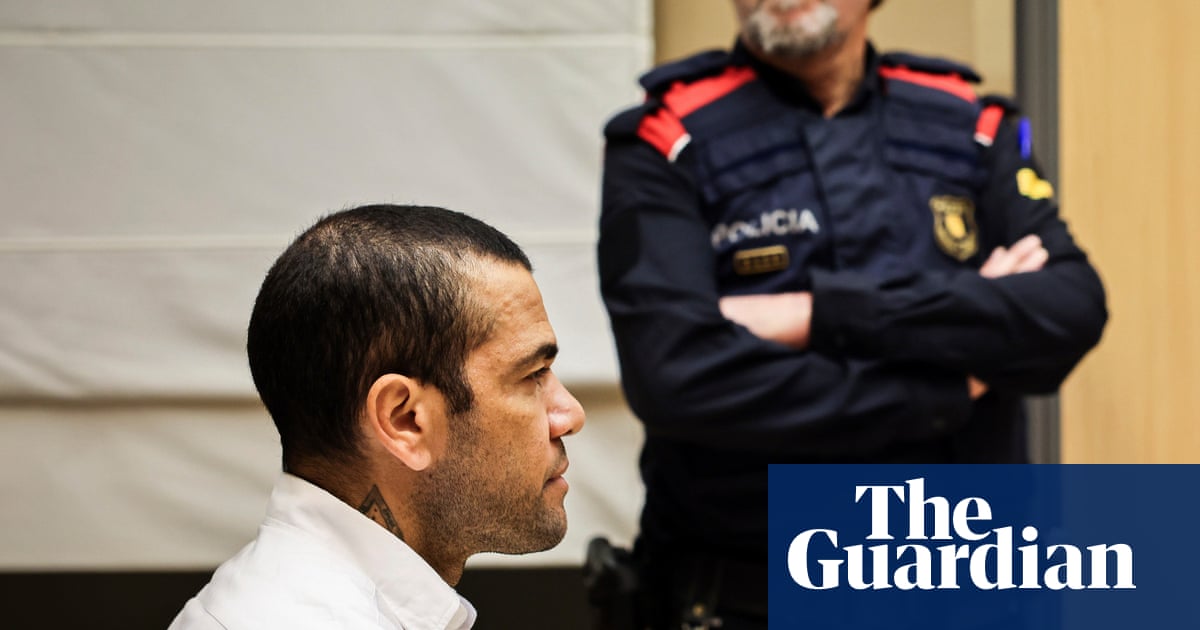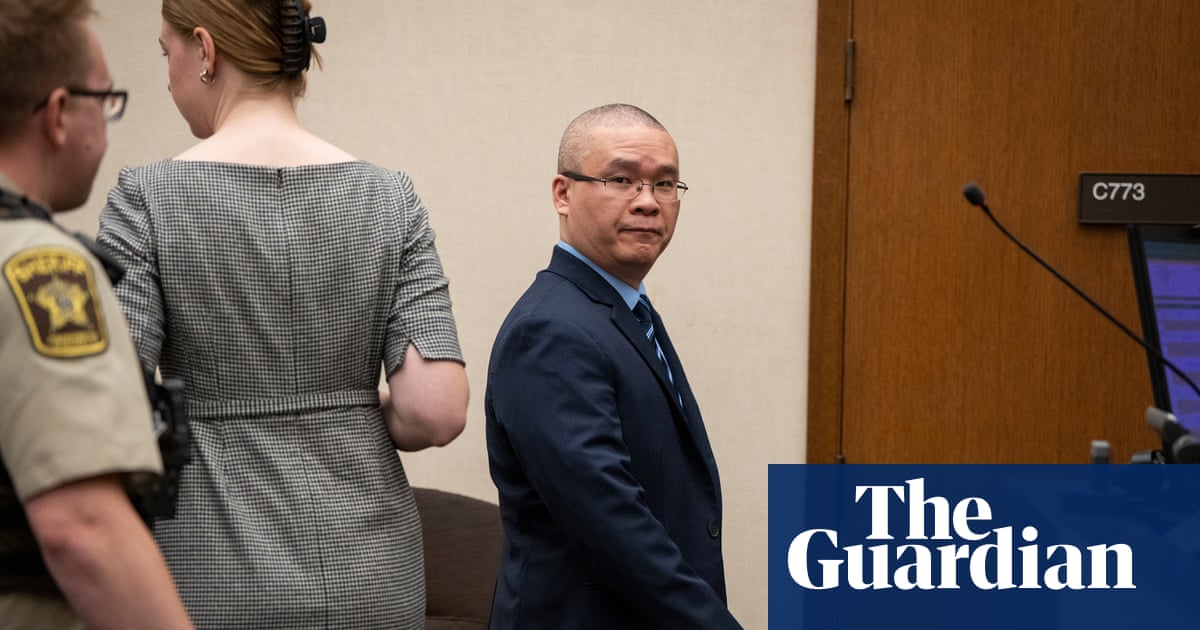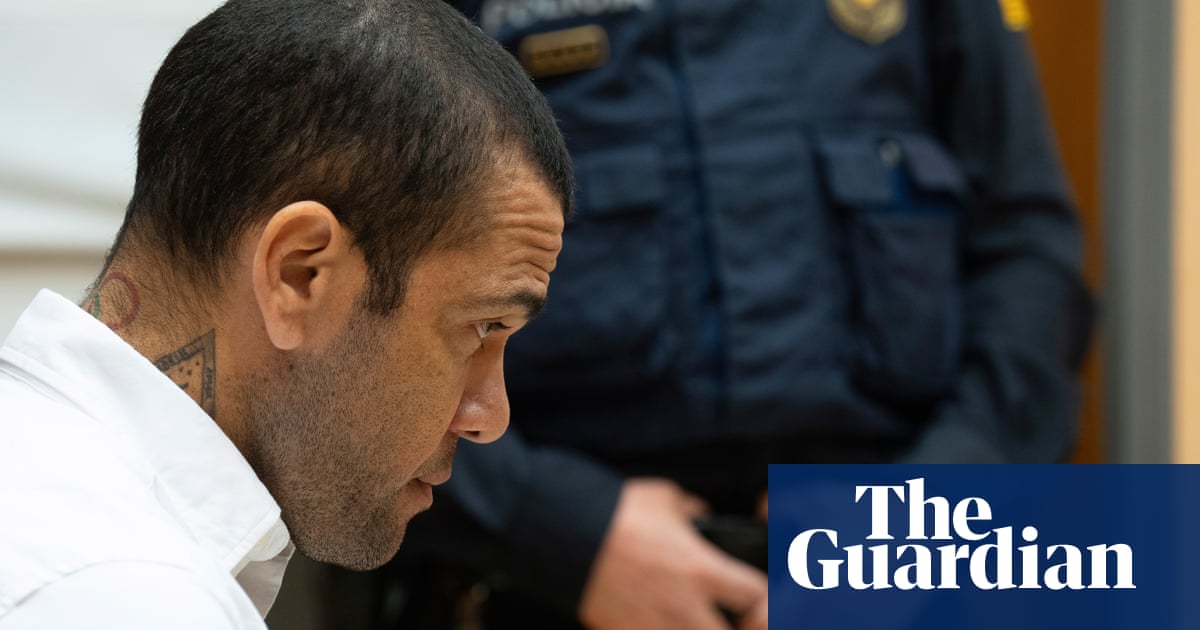
Trump reportedly wanted to deploy troops in Washington during George Floyd protests
The New York Times is reporting that former president Donald Trump considered deploying active-duty troops in Washington last summer to repress protests that followed the killing of George Floyd.
Two unnamed senior Trump Administration officials reportedly told the Times that aids drafted a proclamation to invoke the Insurrection Act on June 1, 2020 as the administration argued over how to respond to the growing unrest.
From the NYT:
Mr. Trump, enraged by the demonstrations, had told the attorney general, William P. Barr, the defense secretary, Mark T. Esper, and the chairman of the Joint Chiefs of staff, Gen. Mark A. Milley, that he wanted thousands of active-duty troops on the streets of the nation’s capital, one of the officials said.
Mr. Trump was talked out of the plan by the three officials. But a separate group of White House staff members wanted to leave open the option for Mr. Trump to invoke the Insurrection Act to call in the military to patrol the streets of the capital.
They decided it would be prudent to have the necessary document vetted and ready in case the unrest in Washington worsened or the city’s mayor, Muriel Bowser, declined to take measures such as a citywide curfew, which she ultimately put in place.
Trump has denied that he ever considered deploying troops or that he had knowledge of the document, telling the Times, “it’s absolutely not true and if it was true, I would have done it.”
Three other former-officers who were on the scene and involved in George Floyd’s death still await trial.
Tou Thao, J. Alexander Kueng and Thomas Lane stand accused on Minnesota state charges of aiding and abetting Chauvin, which is punishable by up to 40 years in prison. The three were also indicted by a federal grand jury on civil rights charges.
Their trial for charges brought by the state is set to begin next March and arraignment for the federal charges will be in September. The three are currently free on bail.
Lane and Kueng were the first officers on the scene the day that Floyd was killed. The two aided Chauvin in detaining Floyd, and both used their body weight to hold him down, with Kueng on his back and Lane on his legs. Kueng checked for a pulse after Floyd became unresponsive, but even after announcing he couldn’t find one, the officers remained in their positions holding Floyd down.
Reuters reports:
At one point, Lane asked, “Should we roll him on his side?” Chauvin responded: “No, staying put where we got him.” Lane then said, “I am worried about excited delirium or whatever,” to which Chauvin said, “That’s why we have him on his stomach.”
Meanwhile, Thao stopped onlookers from intervening as Floyd died. When one person stepped forward to try to convince Chauvin to get off Floyd, Thao “put his hands on the citizen to keep him back,” according to the complaint filed against him.
Gabrielle Canon here, taking over from the west coast for the evening.
Minnesota Governor Tim Walz has tweeted his reaction to the Chavin sentence as “historic” but agreeing with others that more needs to be done.
“This is a positive step toward justice, but our work is not done. We’ve known all along that accountability in the courtroom is not enough,” he said.
“The statements today from George Floyd’s family and members of the community were painful but powerful,” he continues. “Now, as Derek Chauvin faces years behind bars, we must come together around our common humanity and continue on towards justice for all.”
The statement echoed the statement the governor issued on 20 April, when Chauvin was found guilty of murdering George Floyd, when he said that systemic change was needed to prevent this from happening again.
Here is more from his statement in April:
Too many Black people have lost – and continue to lose – their lives at the hands of law enforcement in our state.Our communities of color cannot go on like this. Our police officers cannot go on like this. Our state simply cannot go on like this. And the only way it will change is through systemic reform.We must rebuild, restore, and reimagine the relationship between law enforcement and the communities they serve. We must tackle racial inequities in every corner of society – from health to homeownership to education. We must come together around our common humanity.
Let us continue on this march towards justice.
Evening summary
That’s it for me. Here’s a recap of what happened today:
Derek Chauvin was sentenced to 22 years in prison for the death of George Floyd.
Here’s Joe Biden responding to the ruling.
The UFO report is out.
Governor Ron DeSantis of Florida addressed the building collapse and efforts by rescue workers there.
The Manhattan district attorney informed attorneys for Donald Trump that criminal charges could be filed against the family business.
Here’s Al Sharpton reacting to the ruling. Like Ellison, he said the ruling was not enough.
Sharpton noted that the ruling is “longest sentence they’ve ever given but it is not justice. Justice is George Floyd would be alive.”
Some reaction from various corners of Twitter to the Chauvin ruling:
My colleague Adam Gabbatt had a long dispatch about the UFO report:
The mystery of UFOs seen in American skies is likely to continue following the release of the US government’s highly anticipated UFO report.
The report released Friday afternoon made clear that while American intelligence officials do not believe aliens are behind the UFOs – or what scientists prefer to call unidentified aerial phenomena (UAP) – that were observed by Navy pilots, they cannot explain what the flying objects are.
The report confirms that the observed phenomena are not part of any US military operations.
The Pentagon studied over 140 incidents reported by Navy pilots of UFOs seen over the last two decades for the report, many of which were seen during the summer of 2014 into the spring of 2015.
The release of the report caps a six-month wait, since a group of elected officials succeeded in including the Intelligence Authorization Act for fiscal year 2021 in a $2.3tn coronavirus relief bill signed by Donald Trump last December.
The act ordered government agencies to provide a declassified “detailed analysis of unidentified aerial phenomena data and intelligence” and “a detailed description of an interagency process” for reporting UFOs.
The discussion of UFOs – at government level or outside it – has been stigmatized for decades. While some have used the UAP materials as fodder for theories on alien life, officials have pointed to the possible threat of the UAPs being from an adversary using technology unknown to the US.
The much-awaited (at least to me) Director of National Intelligence report on UFOs is here. Read it.
Joe Biden was asked about his reaction to the Chauvin ruling. Here’s the pool report:
Question: Do you have a reaction to Derek Chauvin being sentenced to 22.5 years in prison?
Biden: “I don’t know all the circumstances that were considered but it seems to me, under the guidelines, that seems to be appropriate.”
Thanks to the AP’s Darlene Superville for lending a good recording of the quote.
More quotes coming.
Just before sentencing Derek Chauvin to 22 and a half years, judge Cahill, known as a forthright and relatively brusque jurist, stated he had written a lengthy, 26 page sentencing memo to explain his thinking on the sentence, which is 10 years above the state guidance for second degree murder.
“What the sentence is not based on is emotion or sympathy, but at the same time I want to acknowledge the deep and tremendous pain families are feeling, especially the Floyd family,” Cahill told the court.
The document itself is filled with a lot legal reasoning, but the conclusion is worth reporting here as it’s a neat summary of Cahill’s thinking.
He writes:
“Part of the mission of the Minneapolis police department is to give citizens ‘voice and respect’. Here, Mr Chauvin, rather than pursuing the MPD mission, treated Mr Floyd without respect and denied him the dignity owed to all human beings and which he certainly would have extended to a friend or neighbor. In the court’s view, 270 months, which amounts to an additional 10 years over the presumptive 150 month sentence, is the appropriate sentence.”
Here is the sentencing order on the Chauvin ruling in the Floyd case.
Ellison continues: “My hope for Derek Chauvin is that he uses his long sentence to reflect on the choices he made ... my hope is that he takes the time to learn something about the man whose life he took.”
Ellison is going on to say the sentencing “is not enough”.
Ellison is now speaking.
“The sentence that the court just imposed on Derek Chauvin ... is one of the longest a former police officer has ever received for an unlawful use of deadly force,” Ellison said. “Today’s sentencing is not justice but it’s another moment of real accountability on the road to justice.”
Attorney General Keith Ellison of Minnesota is about to speak about the ruling and Derek Chauvin’s sentencing.












